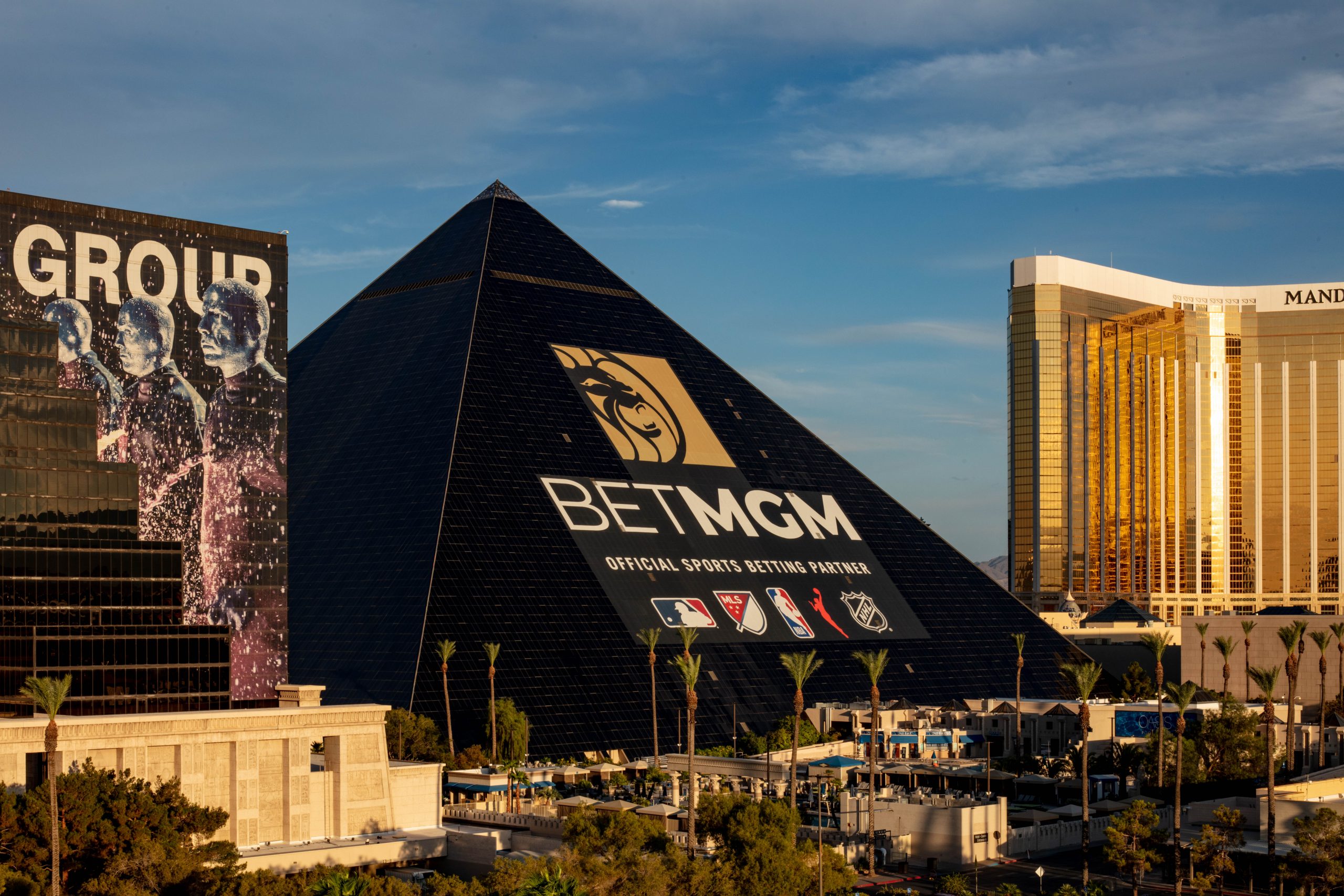An external audit commissioned by BetMGM in Massachusetts revealed multiple potential violations of state wagering regulations. The Massachusetts Gaming Commission (MGC) decided Wednesday (2 October) to handle the newly found violations and two existing ones in a single adjudicatory hearing.
After BetMGM allowed banned prop bets on college football games and professional soccer matches, the operator hired Gaming Laboratories International (GLI) to audit its books. That company found additional potential “non-compliant” bets, including:
- Forty-one more college-player props on college football;
- Thirteen college-player props on college basketball;
- Twelve college-player props on two women’s Elite Eight college basketball games on 1 April 2024; and
- One hundred-and-six bets placed between 8 June 2024 and 17 June 2024 on Glory Kickboxing events.
College-player prop bets are prohibited in Massachusetts. And Glory Kickboxing is not an approved betting market. MGC staff revealed the additional violations, all self-reported by BetMGM, and was seeking guidance on how the commission wants to handle them.
Commissioners decided to hear all of the issues together in a single adjudicatory meeting. No date was set.
DEI and RG updates revealing
Ahead of the Investigations Enforcement Bureau sharing the BetMGM information, the MGC heard Q2 revenue, diversity, equity and inclusion and responsible gaming updates from the six operators that were live during the second quarter — BetMGM, Caesars Sportsbook, DraftKings, Penn Entertainment (ESPN Bet), Fanatics Sportsbook and FanDuel. Bally Bet launched 2 July.
All the companies reported on DEI outreach programs, new responsible gaming initiatives or advertisements and other initiatives.
Here’s a look at the highlights, including revenue through June 2024:
BetMGM
Revenue: $113.8m against $10.2m for the first quarter. Executives did not have an explanation for the jump.
DEI: BetMGM reported that 43% of employees were minorities, up 2% from the first quarter while 36% were women, up 1% from the first quarter. It also reported that 0.7% of its global vendor spend was with diverse companies, up 0.2% against the first quarter.
Responsible gaming: BetMGM said that it did not flag any underage users in the second quarter, after flagging one in the first quarter. The company also reported nominal increases in the use of time- and deposit-limit tools, but a decline in the use of spend-limit tools.
Caesars Sportsbook
Revenue: $2.3m
DEI: Caesars reported that 35% of employees were minorities and 22% were women. It did not provide a first-quarter comparison. The company reported that 11.5% of global vendor spend was with diverse companies, up from 8.3% in the first quarter.
Responsible gaming: Caesars showed dips in the use of wagering-limiting tools and RG inquiries during the second quarter, but increases in the number of consumers using deposit limits and enrolling in cooling-off periods. It also shared that 103 customers enrolled in voluntary self-exclusion lists compared to 100 in the first quarter.
DraftKings
Revenue: $73.1m
DEI: In Massachusetts, DraftKings shared that 16.8% of its second-quarter workforce identified as “non-white” and 25.3% were women. In terms of global vendor spending, DraftKings reported that 1% was with minority or women-owned businesses, but that 16.7% of its Massachusetts spending was with minority or women-owned businesses.
Responsible gaming: DraftKings reported that it flagged and ultimately suspended 35 accounts of underaged consumers and 291 people in Massachusetts signed up for its self-exclusion list. The company did not share a comparison of its responsible-gaming tools against the first quarter.
Fanatics Sportsbook
Revenue: $7.9m
DEI: Fanatics reported that 31% of its it second-quarter workforce were minorities and 22% were women. It also reported that 1.42% of global vendor spend was with minority and women-owned businesses.
Responsible gaming: Fanatics reported that it found 20 underaged players attempting to use its site in the second quarter, up from 14 in the first quarter. The company also reported 10 consumers self-excluded in the second quarter compared to 20 in the first quarter. It did not share how many or what percentage of patrons used responsible-gaming tools.
FanDuel
Revenue: Did not share second-quarter revenue information, but reported $56m in revenue for the first quarter.
DEI: FanDuel reported that 37.2% of its second-quarter workforce were minorities and 30.5% were women. It also reported that its first-quarter diversity vendor spend was $44.4m globally and $28,546 in Massachusetts. It did not indicate what percentage of vendor spend those numbers equate to.
Responsible gaming: FanDuel confirmed one underage user in the second quarter. It also shared that the most-used responsible-gaming tool was deposit limits, with 2.9% of customers participating. One hundred and twelve consumers self-excluded in Massachusetts.
Penn Entertainment (ESPN Bet)
Revenue: $5.4m
DEI: Penn reported that 43% of its second-quarter workforce was diverse and 36% was women while it spent $993,557.50 with minority and women-owned vendors. That number is up more than $160,000 against the first quarter.
Responsible gaming: Penn reported that it identified one underage bettor during the quarter against the same number in the first quarter. Regarding responsible gaming, Penn reported 4.6% of Massachusetts consumers are using available tools. It also reported that 63 people self-excluded, down from 74 in the first quarter, but above the company’s average of 57 per quarter.

